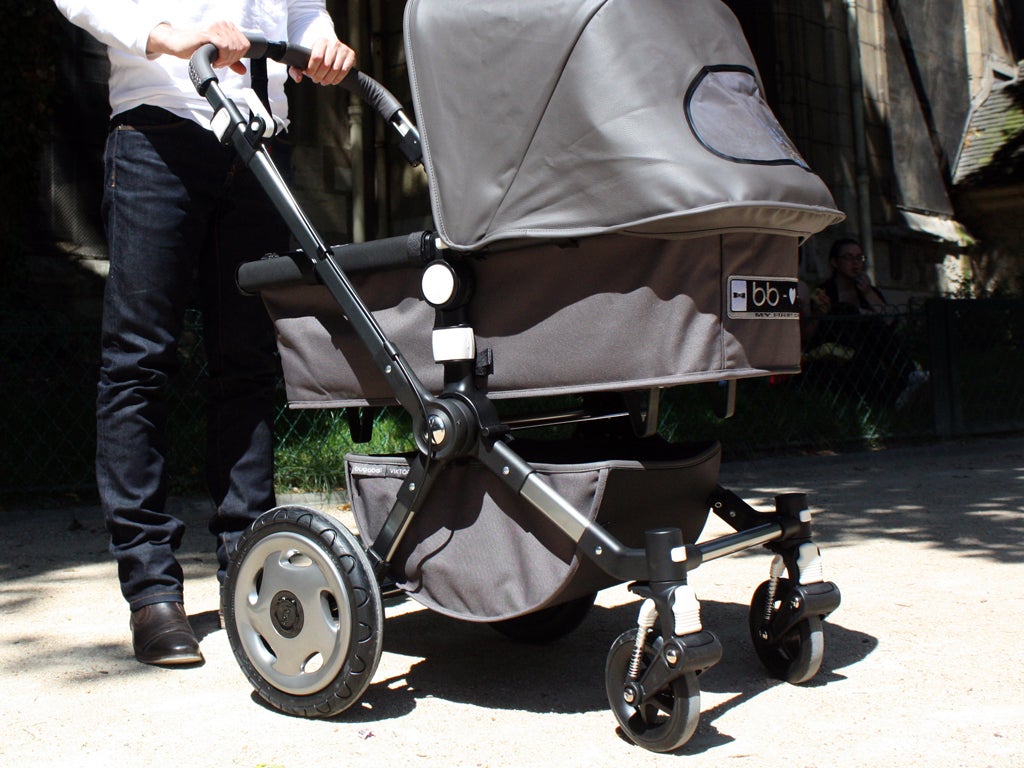Baby on board - so please try to behave yourselves
Whether babies are good is less important than the effect they have on adults

Rome, despite its greying population, is a city packed with cherubs.
Around the centre in particular you cannot walk a block without passing a playpen's-worth of winged babies in sculptural or painted form. Some look angelic (dimpled, graceful) others only a mother could love (porky, goggle-eyed). Altogether, the sum effect for tourists who didn't bring their own baby - and aren't planning to pick one up anytime soon - can feel a bit oppressive, as if half the art on show is some Renaissance Pampers advert or a papal encouragement to go forth and procreate.
Maybe it's just me. This is the first trip I've paid much attention to the putti, and now they're hard to ignore, partly I think because I've been spending time with one baby who isn't in fact made out of stone or hundreds of years old - a new one having been born into the family for the first time in a decade. This bambina, baptised yesterday, has the good fortune to resemble the more facially blessed of the city's eternal toddlers, complete with fat cheeks and a plentiful drool fountain.
Her sideshow relatives, myself included, have been delighted by her arrival and spent a lot of this year's Christmas lunch trying to interpret what the gestures of this two-month-old oracle might mean. Many pot-shots were offered ("she thinks your face is assymetrical") but the only ones that seemed to chime with any regularity were, as you might expect, "hungry" or "unloading".
The search for answers as to how babies respond to stimuli, however, goes far beyond quack speculation. At the Infant Cognition Centre at Yale University in the US, researchers (both helped and hindered by their tiny subjects) have attempted to shed light on some of the most intriguing questions about the state in which humans enter the world, prime among them being the age-old conundrum "are we born good?" Or more precisely, is altruism down to nature or nurture?
The results of this study are strange and uplifting. Shown a series of moral plays, in which one puppet struggles to get up a hill while another attempts to help and a third attempts to stop it, babies less than 10 months old overwhelmingly favoured the "good" puppet. This work has been questioned (maybe they just preferred its colour) but further experiments reinforce the idea that, for whatever reason, we're born hard-wired to make prosocial ethical judgements.
Such news is heartening to those who don't believe in cherubs around Christmas time. But whether babies are good in and of themselves is perhaps less important than the effect they have on adults. Not only has it been revealed that having children makes you live longer, judging by the placid behaviour at this year's family lunch - where tempers could have frayed - they make everyone else behave a bit better, too.

Join our commenting forum
Join thought-provoking conversations, follow other Independent readers and see their replies